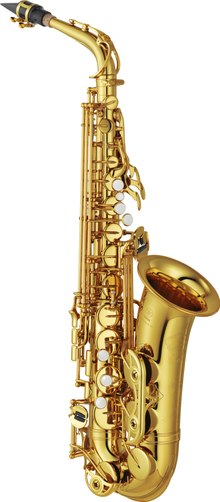| New Orleans Soul | |
|---|---|
| Stylistic origins | Gospel music, Southern soul, pop music, boogie-woogie |
| Cultural origins | Early 1960s, New Orleans, Louisiana |
| Typical instruments | Piano, saxophone, vocals |
| Derivative forms | Funk |
| Subgenres | |
| Northern soul, Memphis soul | |
| Regional scenes | |
| New Orleans | |

New Orleans Soul is a musical style derived from soul music, which also has a large influence on Gospel (music). New Orleans soul has elements of pop and soul and is influenced by boogie-woogie style. The songs are commonly accompanied by a piano and a saxophone. This became known mainly in the postwar era in the Crescent City.

This genre stands out for its pop base (which can be seen in the structures of the genre) and rock rhythms that have become influenced by the "second line" hits, which are very popular in the city. Caribbean music and Latin music from the '60s earned great importance in the city and also inspired this genre of soul to develop more exotic rhythms, however mid-tempo rhythms exist as well. Musicians place greater emphasis on melody and tone than on the letter. The background vocals are commonly feminine, consisting of one or two women.[1]
